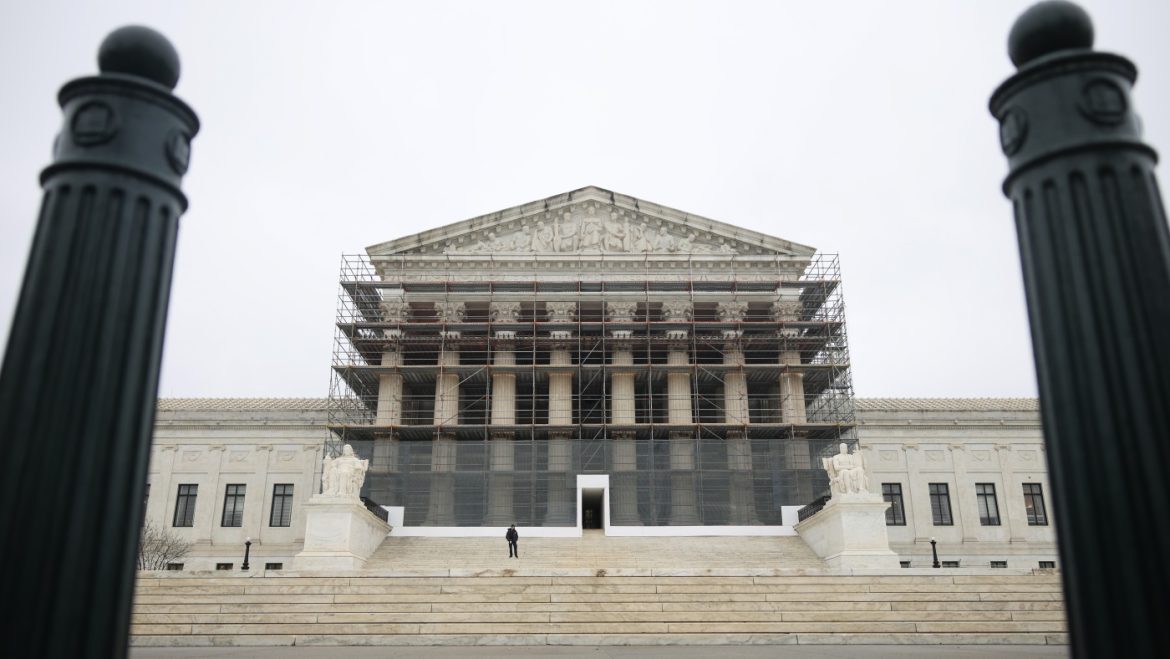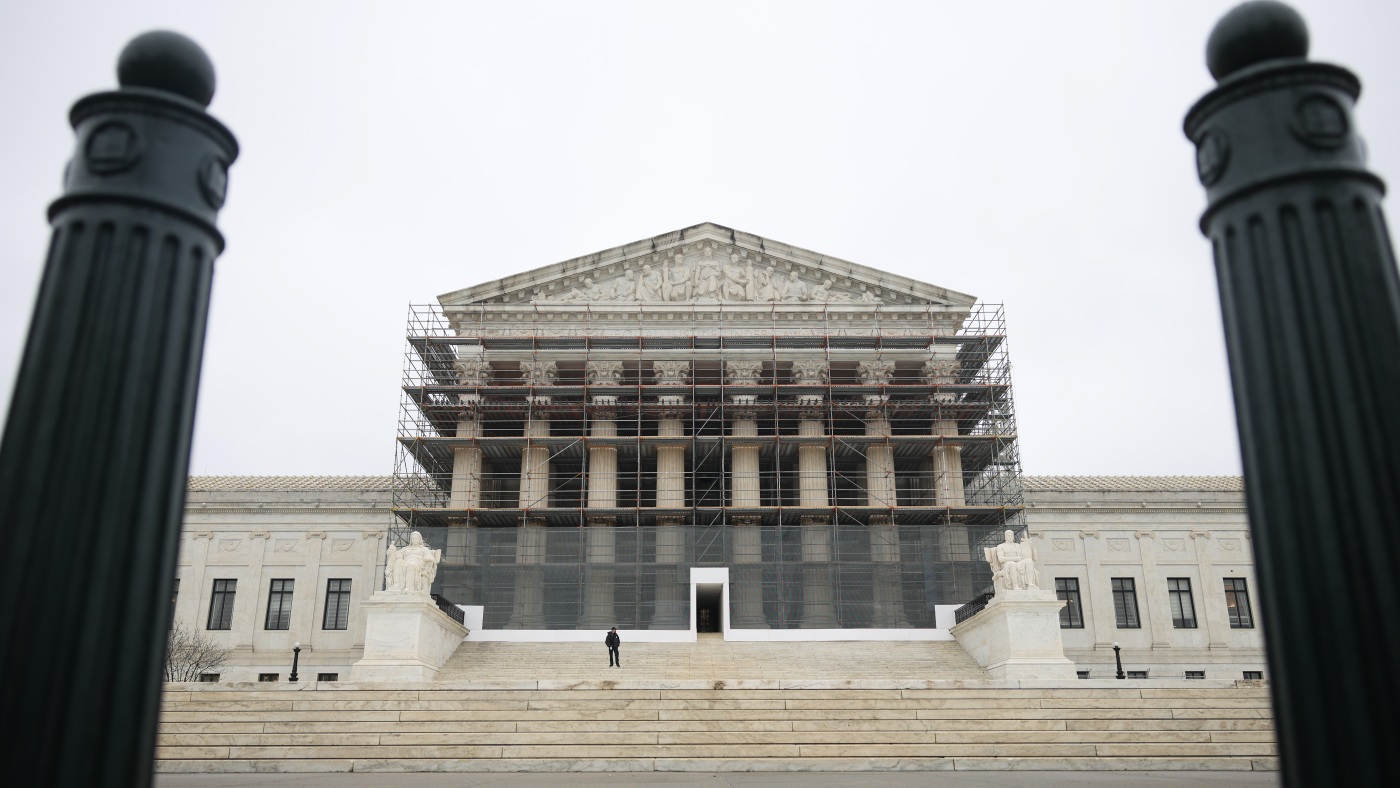The United States Supreme Court recently issued a unanimous ruling in favor of Catholic Charities Bureau, a religious organization operating in Wisconsin, granting it exemption from the state’s unemployment compensation tax program. This decision resolves a contentious religious-rights dispute rooted in interpretations of the First Amendment and the scope of state taxation powers. The ruling stands as a pivotal affirmation of religious liberty in the context of state tax law and raises broader implications about religious exemptions and state regulatory authority.
Background and Legal Context
The legal conflict emerged when Wisconsin’s Labor and Industry Review Commission (LIRC) determined that Catholic Charities Bureau (CCB), despite its religious affiliation and services, did not qualify for tax exemption from unemployment taxes on the grounds that its activities were not sufficiently religious. Wisconsin’s state courts, including the Wisconsin Supreme Court, upheld this position, reasoning that the organization’s largely social service-oriented activities diminished the religious nature requisite for exemption.
Catholic Charities challenged this on constitutional grounds, invoking the First Amendment’s protection of religious exercise. Their argument was that forcing the charity to pay unemployment compensation taxes imposed a substantial burden on their religious freedom and constituted discrimination against religion by denying an exemption afforded to certain secular organizations.
Supreme Court’s Unanimous Decision
In a rare demonstration of consensus, the Supreme Court reversed the Wisconsin Supreme Court’s ruling. The justices unanimously affirmed that the state violated the First Amendment by denying Catholic Charities a religious tax exemption solely because the organization’s activities extended beyond traditional or explicitly religious rituals.
The core holding established that Wisconsin’s application of unemployment compensation tax requirements unconstitutionally discriminated against Catholic Charities based on its religious character. The Court identified that religious organizations are entitled to some measure of exemption when their activities, even if social in nature, are rooted in and reflective of sincere religious beliefs and missions. By failing to recognize this, Wisconsin’s tax scheme unfairly burdened the free exercise of religion.
Broader Significance and Implications
This ruling exemplifies an ongoing judicial trend affirming religious liberties against state encroachments, particularly in tax and employment law contexts. Several key themes emerge:
Religious Identity Beyond Religious Rituals
The Supreme Court acknowledged that religious organizations are not defined solely by worship services or explicitly doctrinal activities but also by their broader mission and faith-infused operations. Catholic Charities’ charitable work, helping the poor and vulnerable, is a manifestation of their religious commitment. This sets a precedent that religious exemptions cannot be narrowly construed only to clerical or ritualistic functions, recognizing the multifaceted nature of religious practice and outreach.
Limits on State Taxing Authority
By ruling that Wisconsin’s refusal to exempt Catholic Charities was unconstitutional, the Court imposed a constitutional check on state taxation power. States cannot impose employment taxes on religious organizations in a way that burdens or discriminates against religious exercise. This raises questions about how states delineate taxation policies respecting religious entities, potentially prompting revision of tax codes and exemptions to avoid future constitutional conflicts.
Protective Scope of the First Amendment
The decision reinforces the First Amendment’s Free Exercise Clause as a robust safeguard against indirect religious discrimination. Even when a law or policy is facially neutral—such as a tax law—it can violate constitutional principles if it is applied in a manner that targets or disadvantages religious entities disproportionately.
Potential Impact on Workers and Other Stakeholders
While this ruling fortifies religious organizational rights, it also provokes discussion about implications for workers who benefit from state unemployment compensation programs. Critics argue that religious institutions opting out of such programs may shift financial burdens onto the state or other employers, potentially complicating unemployment benefits administration and protections for employees.
This tension exposes a nuanced challenge: balancing the constitutional protection of religious exercise with the equitable treatment and security of workers within a state’s regulatory framework. The decision suggests courts will continue to scrutinize these competing interests with acute sensitivity to constitutional principles.
Conclusion: A Landmark Affirmation of Religious Freedom in Taxation
The Supreme Court’s unanimous ruling in favor of Catholic Charities Bureau marks a defining moment in the intersection of religious liberty, tax law, and state regulatory authority. By asserting that Wisconsin unlawfully discriminated against a faith-based organization by denying unemployment tax exemptions, the Court clarified and expanded protections for religious exercise beyond conventional notions of worship, emphasizing the broader mission-oriented nature of many religious entities.
This decision not only protects religious organizations from burdensome state taxation that compromises their religious identity but also signals ongoing judicial willingness to robustly safeguard religious rights in the face of state interference. At the same time, it invites ongoing dialogue about how to reconcile religious exemptions with the practical needs of workers and state tax systems, highlighting the complex balancing act that lies ahead in religious-rights jurisprudence.


